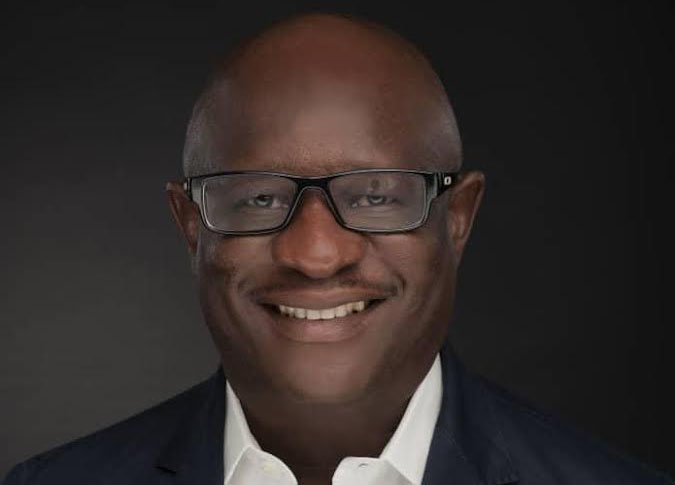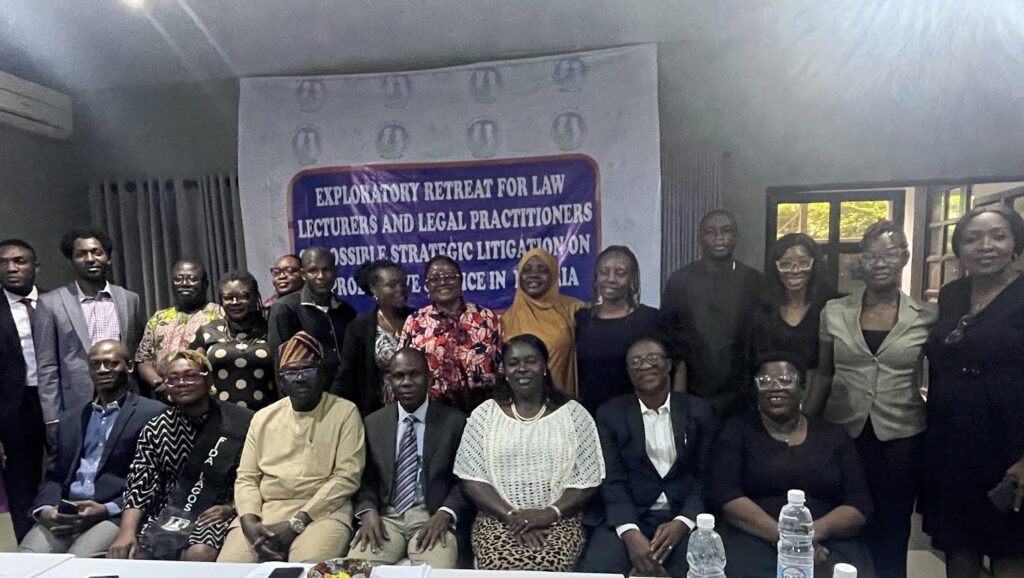
I arrived at the London School of Economics (LSE), one of the colleges of the University of London, in 1956. My sojourn at LSE 1956 – 61 (I transferred to the School of Oriental and African Studies of the same University for my Ph.D in 1961.) played a profoundly significant part in my intellectual development. LSE in the late 1950s when I was there was acknowledged the world over as a leading centre of intellectualism made so by its collection of world-famous intellectual figures like Professor Harold Laski whose pioneering works, many of them world classics, gave political science its present-day status as an academic discipline; Professor Lord Robbins, an economic wizard of a stature in economics approaching that of Lord Maynard Keynes; Professor Sir David Hughes-Parry, one of the authors of the landmark 1925 property legislation in England and one-time Vice-Chancellor of the University of London (I was taught The Law of Contract by “old Sir David” whose string of eighteen honorary doctorate degrees awarded to him by universities around the globe was one of the things that attracted me to apply to LSE for admission as a student); Professor Lord Dudley Stamp, the geography guru; Professor Lord Wheatcroft, the renowned tax lawyer, Professor Stanley de Smith, the widely acclaimed constitutional lawyer, who taught me constitutional law, and a galaxy of other famous academics, of whom Professor L.C.B. Gower must be singled out.
Professor Gower taught me Company Law at the post-graduate level in 1959 – 61. He took over as Dean of Law from “Old” Sir David Hughes-Pary upon the later’s retirement at the end of the academic session in June/July 1959. I knowledge him as perhaps the greatest direct influence upon my intellectual development. I have tried to pattern my lecture-room method, my style of writing, my lecture-room mannerisms, etc on him. He was a progressive and liberal-minded intellectual, with an acute and incisive mind.
While a student in London from 1956, I followed with keen interest, and was greatly inspired by, the activities of Bertrand Russell (Earl Russell) as leader of the movement for world peace and for the amelioration of the conditions of life of the underprivileged members of society. Much later in my life, I read his Autobiography, first published in 1967 when he was 95, which profoundly impacted on me intellectually. He became for me the greatest living legend.
His intellectual exploits began with Mathematics, on which he had written several works, notably Principles of Mathematics (1904) and Principia Mathematica (1910). The later work, which took ten years to complete, he referred to as his magnum opus. It was indeed a magnum opus, not because of its enormous size, but because it was a major treatise and a masterpiece. In terms of sheer size, his description of it in his Autobiography at page 152 testifies to this :
“I worked at it from ten to twelve hours a day for about eight months in the year, from 1907 to 1910. The manuscript became more and more vast, and every time that I went out for walk I used to be afraid that the house would catch fire and the manuscript get burnt up. It was not, of course, the sort of manuscript that could be typed, or even copied. When we finally took it to the University Press, it was so large that we had to hire an old four wheeler for the purpose.”
It was published as a three-volume work : see his My Philosophical Development (1959) chapters 7 and 8.
His works in Mathematics were somewhat dwarfed by those in Philosophy, which became his major intellectual preoccupation, clearly overshadowing Mathematics. His full-length books in Philosophy, numbering over 44, are of such incomparably intellectual profundity to have established him as “probably the greatest of living philosophers” and the “philosopher of the century”. They mark an epoch in Philosophy, the Bertrand Russell epoch, on which several books have been written; they earned him the rare distinctive honour of O.M. and the Nobel Prize in Literature.
The life and works of Bertrand Russell made him my idol, hero and mentor (he was all three combined), and I wished and aspired to follow in his footsteps, so far as such ambition is at all attainable, especially having regard to our different backgrounds and the different environments in which we lived and worked. He was the grandson of a two-time former Prime Minister of Britain, Lord John Russell. Much of his childhood and adolescent life was spent at Pembroke Lodge, one of those state palatial buildings in the gift of the Sovereign for outstanding services to the state, like service as Prime Minister. He was educated at Cambridge, like his father before him, and his senior brother at Oxford. (Maynard Keynes’s father was a professor at Cambridge in whose academic and intellectual environment he and his senior brother, who became a distinguished medical doctor, grew up.) Except for short periods as lecturer at Cambridge – he, Russell, was a Fellow of his College, Trinity College, Cambridge – his well-to-do family background enabled him to devote his whole life almost entirely to intellectual and other non-income generating pursuits. The language in which he did his thinking and work, English, was his mother tongue and was native to him.
In my own case, on the other hand, my background and the environment in which I grew up are that of pervasive illiteracy, ignorance, poverty and harsh conditions of life generally (see chapter 1 above). My mother tongue and native language, Igbo, is different from that, English, in which I do my thinking, reading and writing. It is an indisputable fact that the development of a person’s intellect, and his ideas and vision of life and the world are greatly shaped by the environment in which he spends his childhood and adolescent life.
There is an issue which arises in this regard, viz the vexed issue of eugenics, in which, undoubtedly, certain factors, such as characteristics inherited from ancestors, language, cultural background, environment and education, play an important but by no means an exclusively determinative part. In my view, talents bestowed by God or Nature and spread among people without distinction of race, sex or class are also important in eugenics. For this reason, I disagree respectfully with Thomas Jefferson, third President of the United States, that negroes “are inferior to whites in the endowments both of body and mind”, and with Bertrand Russell that “negroes [are] on the average inferior to white men”. I believe that negroes can be as naturally talented or endowed as whites, and that, making allowance for the handicaps and limitations that confront them, such as those mentioned above, a negro can achieve the great intellectual distinctions attained by Bertrand Russell, Maynard Keynes and Albert Einstein. I see therefore nothing irrationally presumptuous in me wanting to attain the great intellectual distinction attained by Bertrand Russell and Maynard Keynes, and to follow in their footsteps which has remained an inspiring ambition of my life.
In the years from 1962 onwards, I developed the habit of reading biographies and autobiographies of great men and women, especially those that I consider as idols, heroes and mentors – Wole Soyinka (I am only half way through this 577 – page magnum opus), Shakespeare, Napoleon, Bertrand Russell, Maynard Keynes, described by Roy Harrod, one of his biographers, as “one of the greatest Englishmen of his age”, and many others, including in particular James Boswell’s Life of Johnson. Dr Johnson was one of those whose life as a leading figure in the intellectual life of England in his day fascinated and captivated me. (The volumes of Boswell’s meticulous study of Johnson were among the books in my library at Enugu lost during the Nigerian Civil War, but I bought an omnibus version in London recently.) I read these biographies and autobiographies in their scores, and my library in my home in Lagos is full of them. They provide intellectual stimulation and inspiration for me.
The reading of autobiographies and biographies went with other readings aside from readings in Law – in History (one of my favourite subjects), Literature, etc. In my search for books to read, I came across recently in a bookshop in London, a book by Peter Watson titled Ideas : A History From Fire to Freud, first published in 2005. The power of ideas in shaping human life and in stimulating the mind, and the ability to form them, is something that, for many years, I recognise. I was, therefore, excited to come across Peter Watson’s book in a bookshop in London, and immediately bought it. It is a tome of a book, 1117 pages. As Felipe Fernandez – Armento, a renowned professor and author of the widely acclaimed book, Civilisations, another 636-page tome, which I read with great interest and profit, said in a review of the book in the Evening Standard, “the history of ideas deserves treatment on this grand scale”. Another reviewer in the New Statesman, John Gray, says of the book that it “gives us an astonishing overview of human intellectual development.”
Last but not the least of the writers whose writings have had a tremendous influence on my intellectual development is our own Chinua Achebe, especially his Things Fall Apart, No Longer At Ease, and Anthill of the Savannah. I was also greatly inspired and stimulated, intellectually, by Kenneth Dike’s admirable pioneering book, Trade and Politics in the Niger Delta (1956).
• Former Minister of Education and legal icon Professor Nwabueze delivered the speech above at a ceremony to confer on him the Distinguished Academic Leadership Award by Convention for Intellectual Co-operation of Nigeria.










